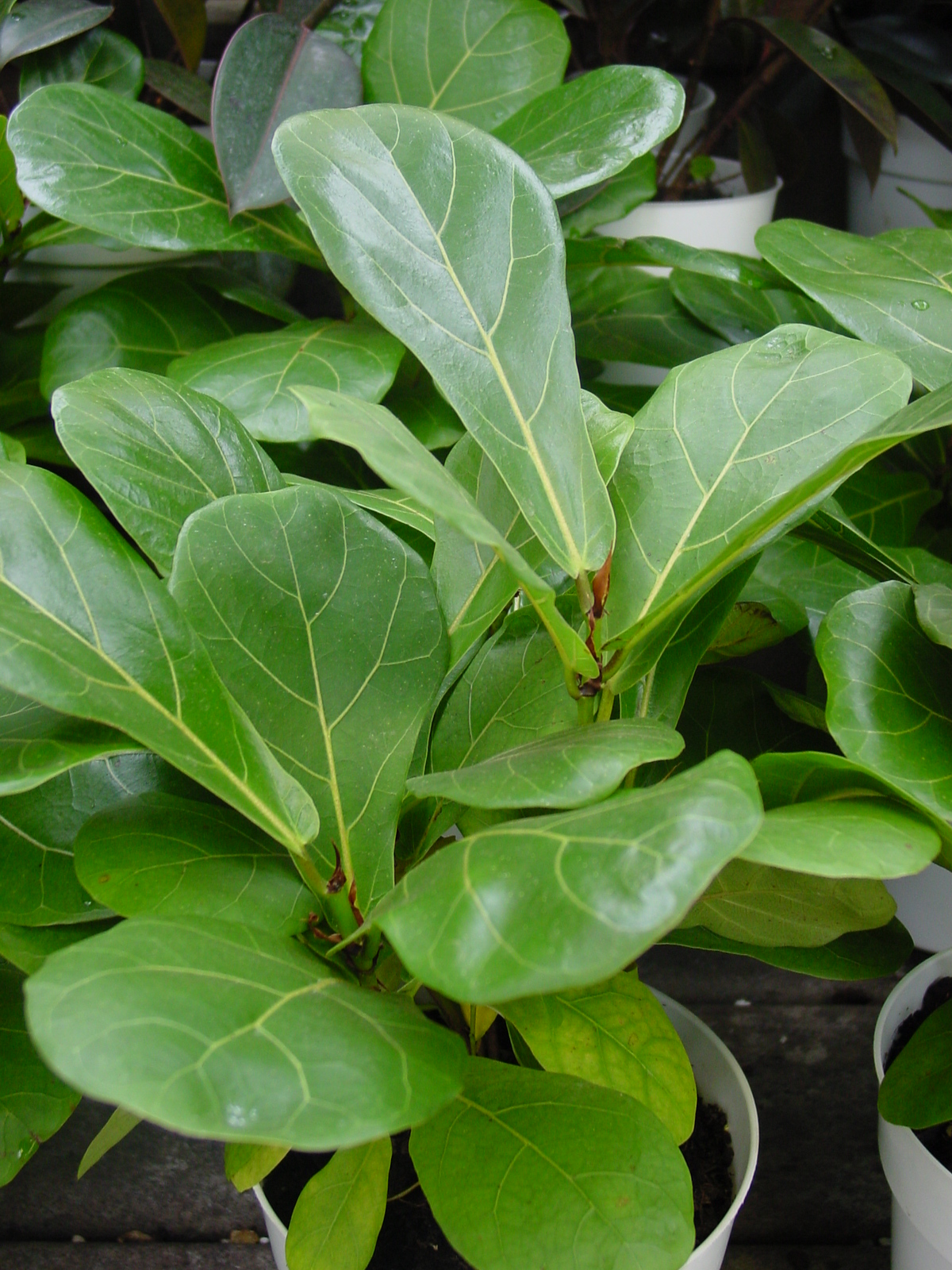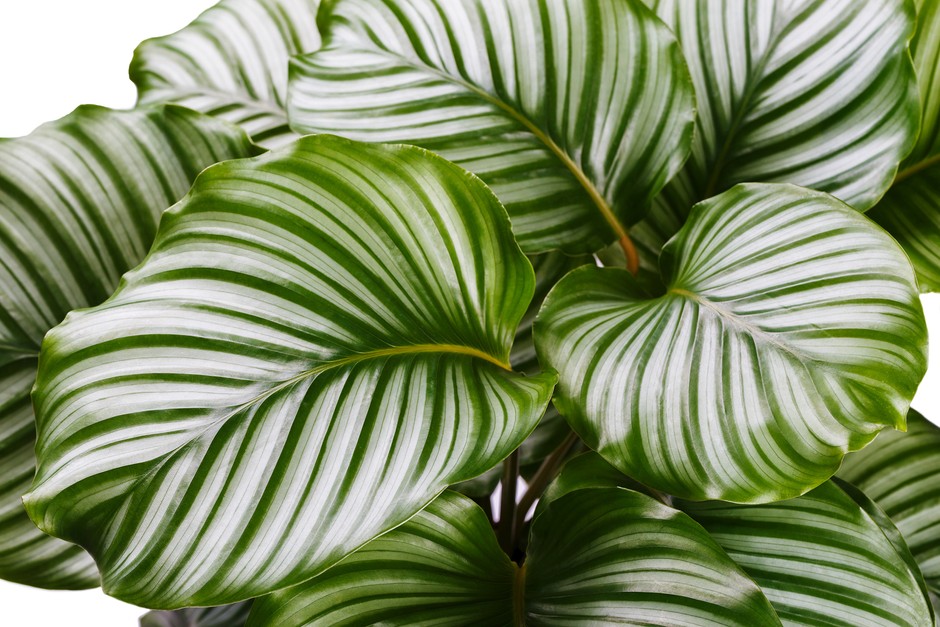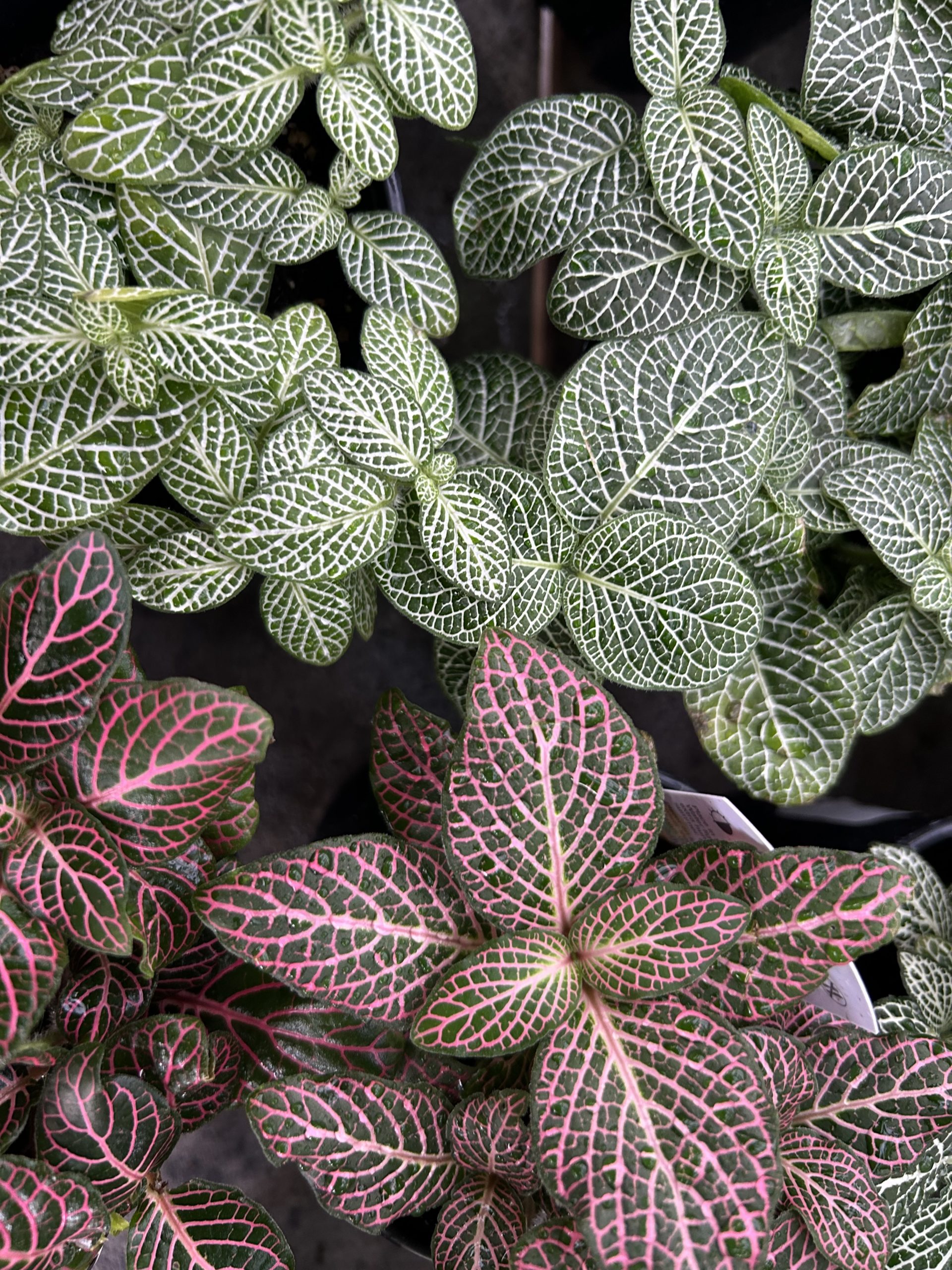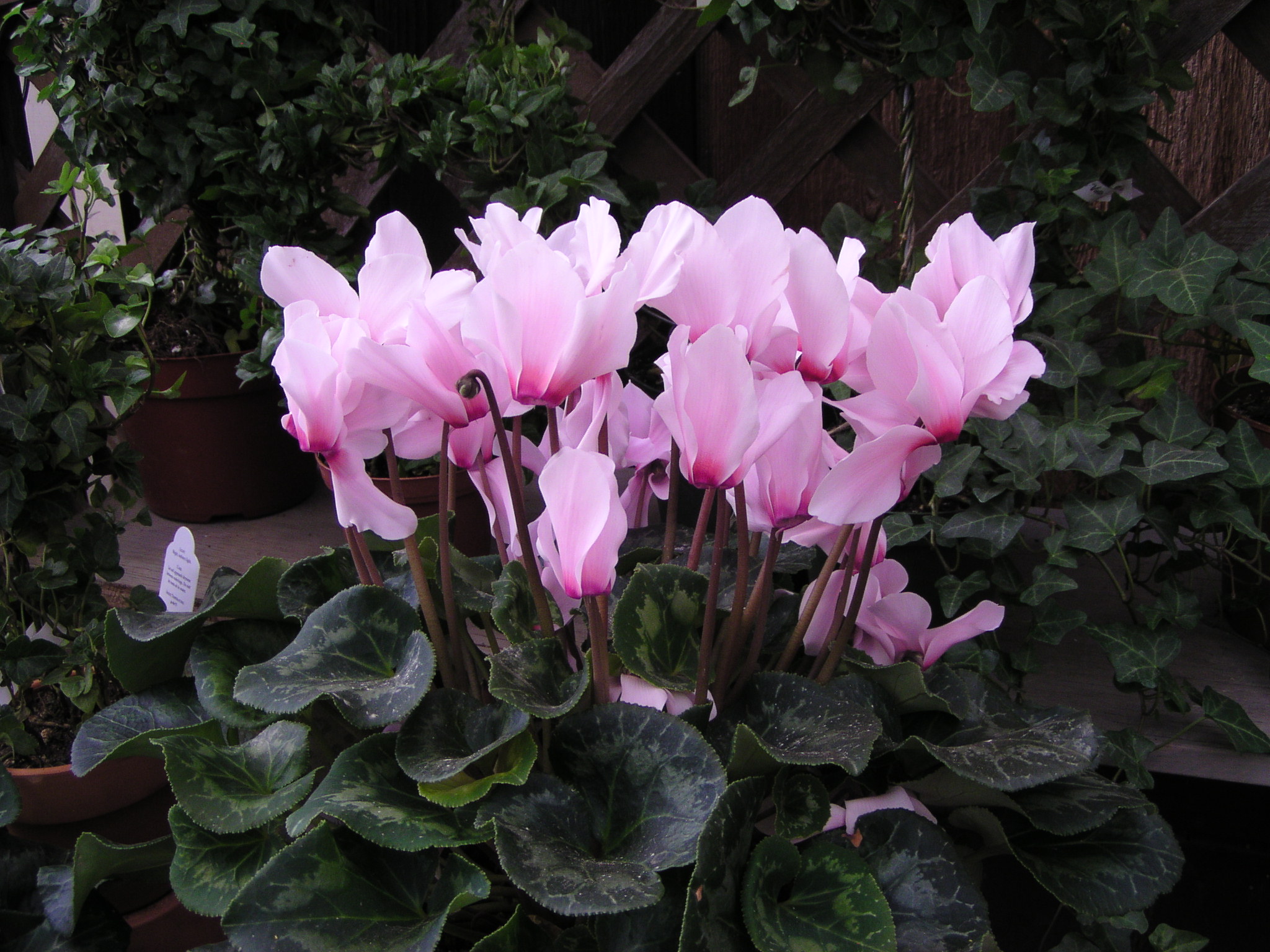
Easy Winter Care for Houseplants
Indoor plants feeling the effects of the winter blues? Houseplants can respond to shorter, cooler days, and lower light intensity during the winter months. They do this by slowing down and producing less, if any, growth. Winter can be a much-needed respite for plants. Here’s how you can help your plants with easy care until spring arrives and growth resumes.
Plants that are not actively growing will need less water during the winter months. Less watering does not mean lightly sprinkling on the soil surface or no watering at all. When you water, it’s important to water the entire root system. Water thoroughly, but less often.
Humidity – the lack of – can be a problem during winter months when heating sources are in use. Keep plants away from dry air created by radiators, area heaters, forced air vents, or fireplaces. Grouping plants together and/or placing them on pebble trays can help to increase humidity around each plant. Do this by filling a large saucer or tray with two inches of pebbles. Place the plants on top of the pebbles and keep ½ to 1” of water in the tray. The water will evaporate around the foliage providing some humidity. The base of the pot should never be sitting in water. On the chilly side, avoid cold drafts, frosty windowpanes, or other sources of low temperatures or temperature fluctuations of hot and cold.
Less light? Consider moving plants to a brighter area of the home for the winter months. Rotate plants a quarter turn each week or two to keep them from becoming ‘leggy.’ Stretching for the light creates plants that are misshapen and sometimes unattractive. And don’t panic if the plant drops a few leaves because of less available light.
Be on the lookout for pest problems – aphids, scale, and mealybugs – on houseplants. Inspect regularly for pests, and if found, use a remedy that matches the problem for best control.
Dusty or dirty foliage can also affect light absorption by the plant (at any time of the year). Smaller plants can benefit from an occasional cleaning in the sink, larger plants with a soft wet sponge or cloth on the leaves or rinsed in the shower.
Lastly, wait until spring to fertilize when the day length is longer. You can tackle any needed repotting of rootbound plants in spring, too.



